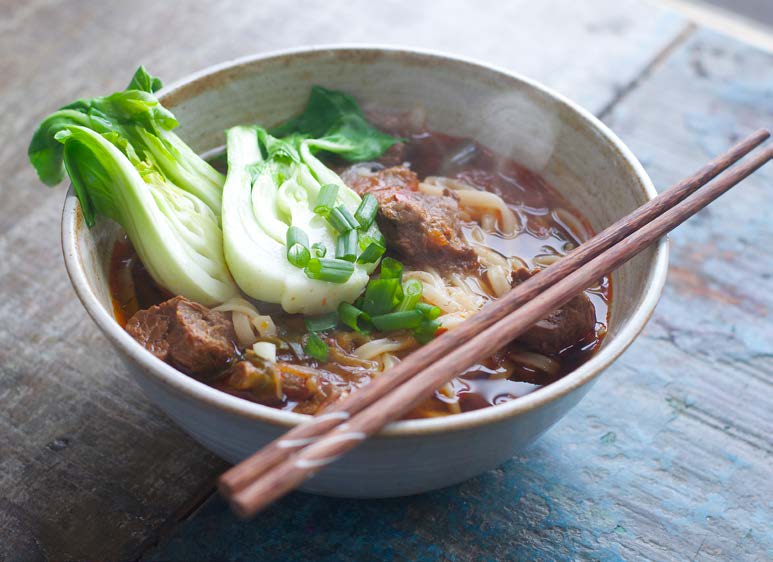by Monica Yearwood
 Ayurveda is an 5,000-year-old lifestyle practice and a medical system from India. It teaches that three energetic forces or “doshas,” govern physiological function as well as mental tendencies. Each person is composed of a unique proportion of the dosha types: vata is “that which moves” and influences circulation, menses and peristalsis; pitta is “that which transforms” and influences digestion, metabolism and hormonal function; kapha is “that which sustains” and provides structure for the physical body via our muscles, bone density and hair.
Ayurveda is an 5,000-year-old lifestyle practice and a medical system from India. It teaches that three energetic forces or “doshas,” govern physiological function as well as mental tendencies. Each person is composed of a unique proportion of the dosha types: vata is “that which moves” and influences circulation, menses and peristalsis; pitta is “that which transforms” and influences digestion, metabolism and hormonal function; kapha is “that which sustains” and provides structure for the physical body via our muscles, bone density and hair.
Travel can be a particularly jarring experience for the body and its doshas, since they are affected by behavior, diet, daily activities and sleeping habits. Activities that increase movement, such as travel, also increase vata dosha, and excess vata dosha can result in symptoms such as worry, insomnia, constipation, stuttering, hyperactivity, anxiety, low immunity, loss of appetite and dry skin, nails and hair. Luckily, there are methods you can adopt to mitigate these negative effects.
The following four ayurvedic practices can help you stay balanced during your travels.
Sniff oil to reduce sickness
Ayurveda uses oils prescriptively and supplementally for healing, and there are a wide variety of therapeutic oils designated for almost every area of the body. Untoasted sesame oil is generally pacifying for all dosha types, especially vata dosha. Sniffing a bit of sesame oil into each nostril before getting on a plane can help prevent cold and flus that are commonly transmitted in tight quarters and public spaces.
In addition, administering two to three drops of plain untoasted sesame oil in each nostril before bed can help reduce dry sinuses, mucous production and allergies.
Eat at regular times
Circadian rhythms refer to all of our physiological processes that run on a 24-hour cycle. Most people believe that circadian rhythms are regulated primarily by light. However, recent research from UCLA neuroscientist and professorChristopher S. Colwell shows that eating times are more powerful than light at regulating circadian rhythms.
When traveling to new time zones, and especially during international travel, our bodies need a period of adjustment to synchronize with new day/light cycles and meal times. This can cause symptoms such as minor headaches, nausea and insomnia. To help the body assimilate, observe regular eating times that align with the new time zone that you have traveled to.
Catch some rays
As mentioned above, we follow the day as led by the 24-hour cycle of the sun, which guides most of our daily routine. Exposing yourself to adequate sunlight each day, especially in the morning hours, helps to stimulate melatonin production in the evening. Melatonin, a powerful antioxidant, is the hormone that creates a desire for sleep and can help you get rest at the appropriate times during your vacation.
Favor cooked foods
Ayurveda teaches that digestion is the epicenter of the immune system and should be protected. When we travel, the digestive fire can become irregular. A cooked-foods diet is easier to digest. In fact, ayurveda teaches that digestion begins as our food cooks and breaks down in the pot on the stove, prior to being consumed. Cooked foods are more nourishing and easy to digest than raw foods such as salads and smoothies that tend to be rough, cold and dry.
Adopting these practices can help you adjust quickly to your new surroundings when traveling, and ensure you feel healthy and ready to make the most of your excursions.
Monica Yearwood is an ayurvedic practitioner, author, speaker and founder of Hamsa Ayurveda & Yoga.
Photography by Mu-Hsien of Live Like You’re Traveling
























No Responses to “Balancing Acts – Ayurveda for Travel”